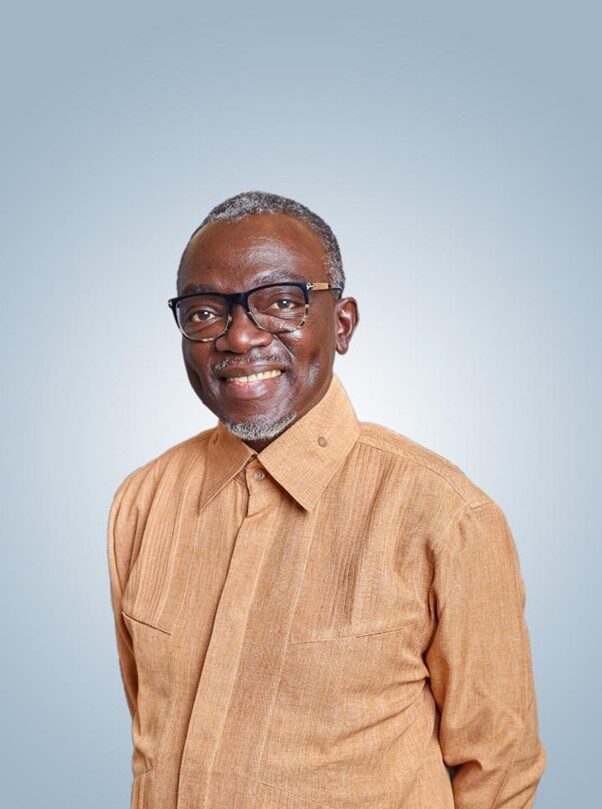At the recent Boardroom Summit, attended by over 1000 of the country’s leading CEOs, policymakers, and C-suite executives, Professor Douglas Boateng, Chair of the Minerals Income Investment Fund (MIIF) and renowned governance expert, issued a strong call for immediate reform of board compensation in state-owned enterprises (SOEs).
He urged African governments to act quickly to ensure the long-term sustainability and effectiveness of these critical entities.
Delivering a candid assessment on the sidelines of the summit, Professor Boateng criticized the inadequate compensation structures for SOE board members, which he warned are undermining their ability to function effectively and safeguard shareholder interests.
“How can we expect board members, who are paid less than US$114 per meeting, to fully commit to their fiduciary responsibilities? Some of these individuals oversee organizations with assets exceeding US$400 million, yet they receive as little as US$380 per quarter or US$1,520 annually. This is woefully inadequate given the magnitude of their responsibilities,” he said.
Professor Boateng stressed that board members have a duty to add value and protect the interests of shareholders, but this requires a deep understanding of both the company and the industry. “To add real value and protect shareholders, board members must dedicate time to get to know the company and the industry it operates in.
This means consistently asking for data, researching for information, and remaining informed. It takes time and effort—both of which must be properly compensated,” he stated.
While acknowledging the role of national duty and service, Professor Boateng highlighted the importance of fairness and adequate compensation. “Yes, accepting a non-executive directorship at a state-owned entity is a service to the nation, but fairness is critical given the serious responsibilities involved,” he added.
His call for reform was made not for himself, but on behalf of future and aspiring directors, stressing that proper compensation is essential to attract high-caliber leaders capable of meeting the demands of modern governance.
The Boardroom Summit, now recognized as a key platform for discussing governance issues across Africa, sparked broader discussions on the future of SOE leadership. Professor Boateng’s pointed remarks struck a chord with attendees, underscoring that without reform, SOEs will continue to face challenges in attracting and retaining the experienced, qualified leaders they need to succeed.
“We cannot continue with outdated practices and expect improved outcomes. State-owned enterprises are central to national development and achieving global objectives like the UN Sustainable Development Goals (UNSDGs) and Africa’s Agenda 2063. It is essential that board compensation reflects the importance of these roles, both to attract the right talent and to safeguard the integrity of these institutions,” he added.
Professor Boateng further emphasized the need to move away from politically driven appointments and shift toward a merit-based leadership model. “Public service is important, but SOE board positions require specialized expertise, strategic thinking, and accountability. Compensation must reflect the demands of the role and the effort involved,” he stressed.
Concluding his remarks, Professor Boateng called for urgent, thoughtful reform: “The time has come for governments to reassess how SOE boards are compensated. This is not just about fairness; it’s about ensuring the success and competitiveness of our state-owned enterprises. We need leaders who are properly incentivized to meet the challenges of today’s complex global markets and governance requirements.”
Professor Boateng’s statements have reignited important discussions on the role of governance in strengthening SOEs, with many in attendance advocating for a forward-thinking approach to board appointments and compensation structures.










